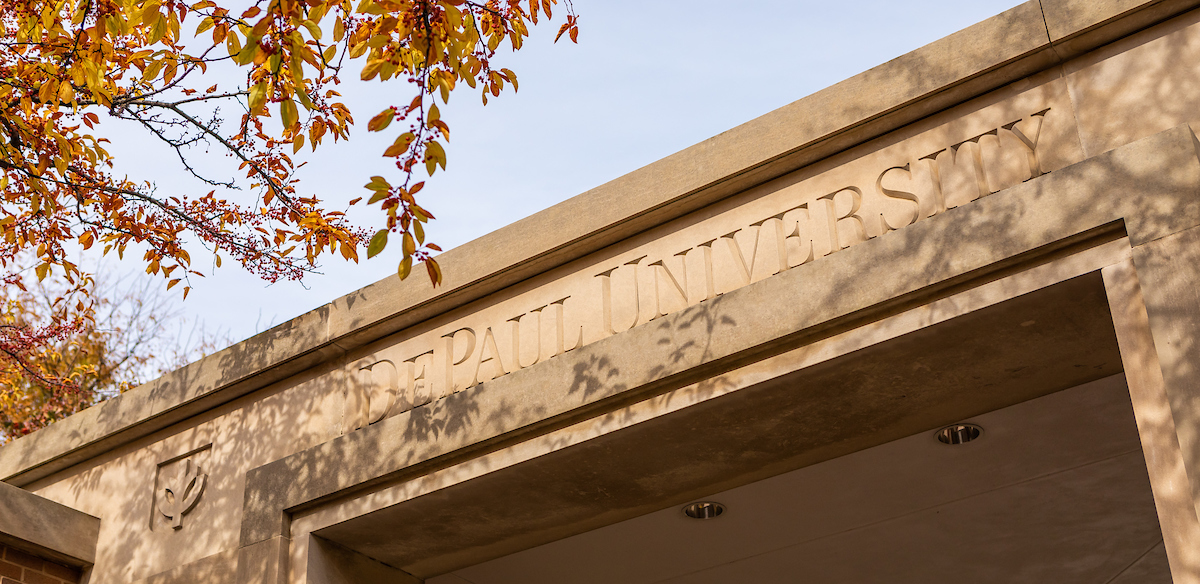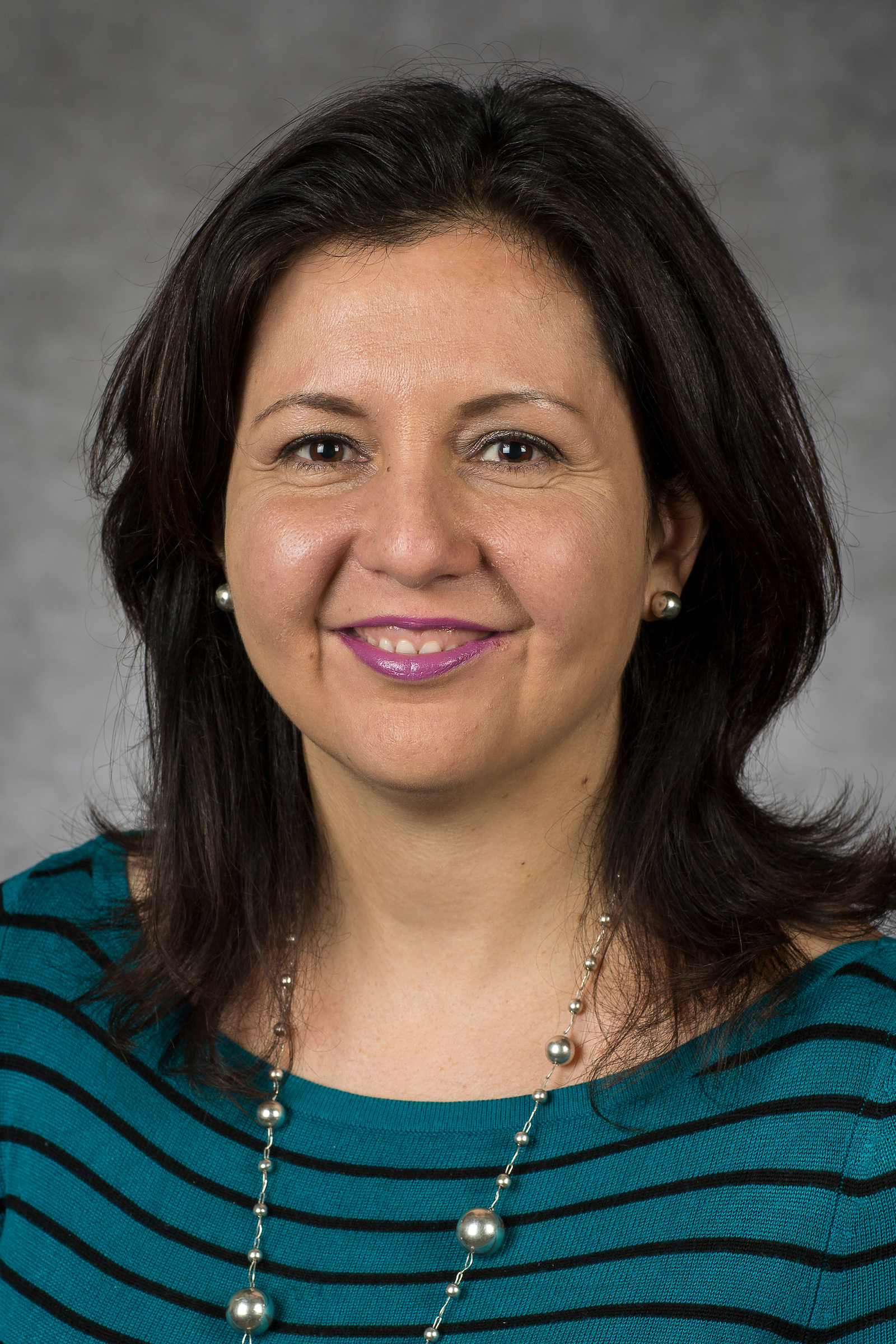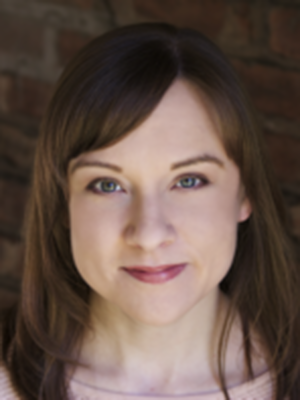 (DePaul University/Jeff Carrion)
(DePaul University/Jeff Carrion)
For nearly 60 years, DePaul's Honors Program has embodied the university's commitment to academic excellence, to fostering critical thinking and to promoting interdisciplinary studies. In recent years, the program has seen significant growth, with approximately 1,000 students currently enrolled.
This summer, DePaul's Honors Program welcomed Jennifer Conary as its new director. Conary has been an associate professor in the Department of English for 12 years, though she was no stranger to the Blue Demon community when applying for the job. Conary completed her undergraduate degree in music performance before re-joining the university as a faculty member in 2008.
To usher in a new academic year, Newsline sat down with Conary and outgoing director, Martha Martinez-Firestone, to discuss the program's growth and plans for the future.
Originally from Monterrey, Mexico, Martinez-Firestone joined DePaul's faculty in 2005. An economic sociologist, Martinez-Firestone participated in the Honors Program for nearly a decade before becoming director in July 2017.
 Martha Martinez-Firestone, associate professor of sociology.
Martha Martinez-Firestone, associate professor of sociology.
How has the Honors Program changed over the years?
Martinez-Firestone: It started as a small program for the College of Liberal Arts and Social Sciences in 1962. At the time it had less than 10 students, and the definition of an “Honors education" was to read the "100 best texts of human thought." I have not found the list in our archives, but I bet it did not include texts by women or non-white people. Now we are a multicultural, international program with around 1,000 students. We know transformative knowledge has no age, gender, skin color, ethnicity and nationality. We strive to share and contribute to this living tradition.
What projects or initiatives from your tenure are you most proud of?
Martinez-Firestone: When I took over as director in 2017, I started taking a more holistic view of the program. I realized I was now responsible for one of the best works in curriculum design I'd ever been in. My job was to maintain and continue assuring that quality of education.
Two years ago we had big increase in demand, with almost 23 percent higher enrollment than our historical maximum. While last year showed a little lower enrollment, it was still our second highest year on record. We worked very hard to increase our number and variety of classes while maintaining the quality and personalism of the Honors experience.
Other initiatives concentrated on making sure the Honors resources benefitted the whole university as well as capitalizing on the excellent work and resources of many departments. I have enjoyed working with colleges and departments across campus to help achieve curricular and organizational goals.
Do you have any advice for Jennifer as she steps into this role?
Martinez-Firestone: Take time to enjoy the experience and the students. Despite, or maybe because of, all the work, being the director was one of the most intellectually and professionally energizing experiences of my life.
From your perspective as the new director, what does having an honors program mean for DePaul?
 Jennifer Conray, director of the Honors Program.
Jennifer Conray, director of the Honors Program.
Conary: The Honors Program is evidence of DePaul's commitment to academic excellence and to fostering student research and scholarship. The program provides a place for students to work closely with faculty in order to pursue their intellectual and creative interests in a challenging, yet supportive, environment.
Honors also embodies the liberal arts tradition that is at the heart of a DePaul education. Students study the humanities, arts, sciences and social sciences in a series of academically challenging seminars, ensuring they develop a strong foundation in critical thinking, communication and writing skills. The interdisciplinary nature of the Honors curriculum provides students with the opportunity to look at the world from a variety of perspectives as they develop into responsible global citizens.
What are you most looking forward to as director?
Conary: I'm most excited about having the opportunity to work with such a talented, dedicated group of students. I have always loved teaching in the Honors Program because of the strong sense of community among students, as well as the types of fascinating discussions that can only occur when students from a wide variety of backgrounds and majors come together and dissect issues from a diverse array of perspectives.
Will programming look any different amid remote learning?
Conary: I know it will definitely involve Zoom! Faculty teaching in Honors this quarter worked hard all summer to develop online courses that will provide students with a chance to interact and build a sense of community within the kind of rigorous, yet supportive, environment characteristic of Honors seminars.
What are your hopes for the coming quarters?
Conary: My hope for the immediate future is that the program will continue to thrive, even as we navigate the difficult circumstances of the pandemic. Longer term, I would like to see the program more closely connected to DePaul's investment in social justice and serving the community. I have some curriculum revisions in mind to start moving toward this end, and I'm looking forward to the opportunity to work with departments and offices across the university to help support DePaul's mission.